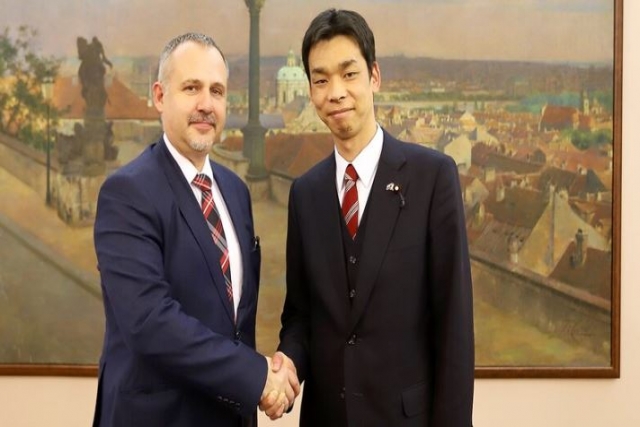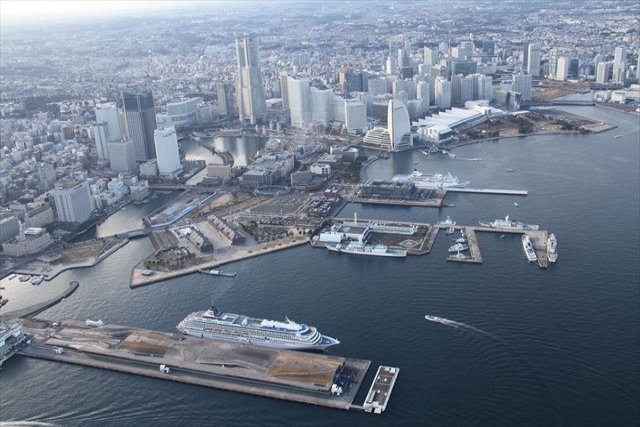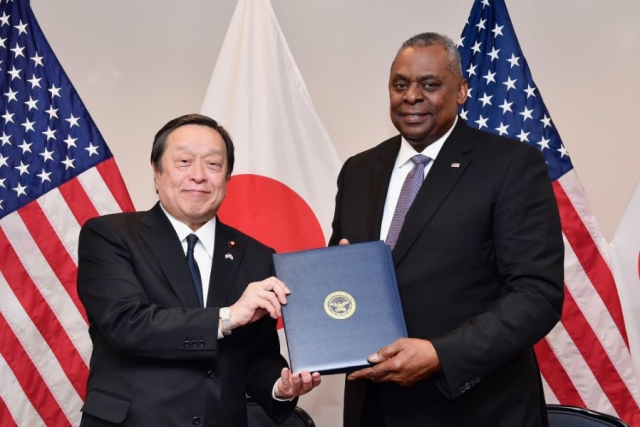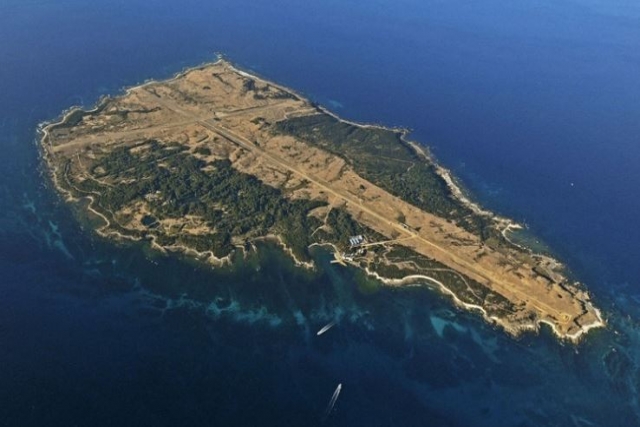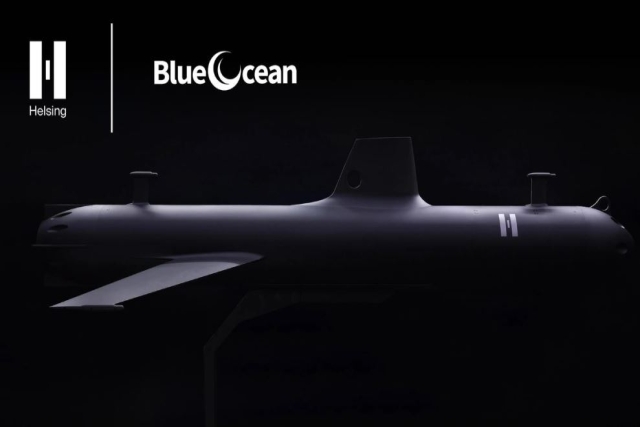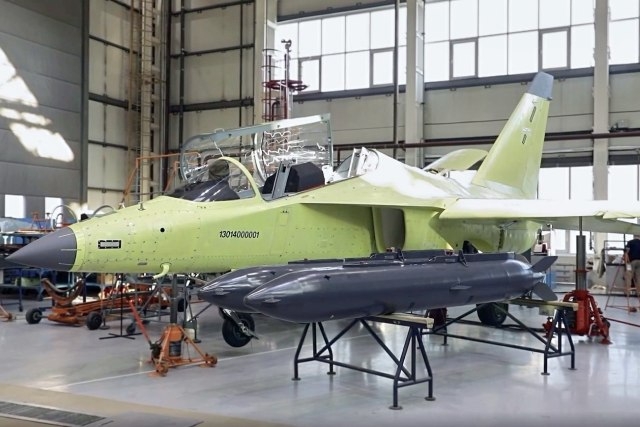Japan's Long-Delayed H3 Rocket Fails to Lift-off
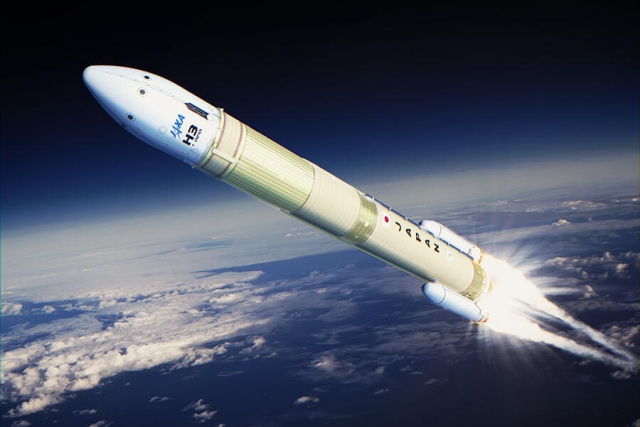
Japan's new flagship H3 rocket aborted its first-ever launch attempt on Friday from Tanegashima Space Center in the southwestern prefecture of Kagoshima, on what would have been its maiden flight.
The Japan Aerospace Exploration Agency (JAXA) said two LE-9 engines that power the vehicle's core stage ignited, but one of its two solid rocket boosters did not.
The long-anticipated launch attempt had followed a string of delays and this failure deals a blow to Japan's space strategy.
The agency is planning to try to launch the rocket again in one or two weeks' time, a government official was quoted as saying by Mainichi.
The rocket is seen as key to the country's participation in the next generation of space development, including the U.S.-led lunar exploration program. It is hoped it will give Japan a foothold in the increasingly competitive satellite-launching business.
The H3 rocket, the first revamp of the country's main launch vehicle in around 20 years, is due to send into orbit the Advanced Land Observing Satellite-3, which is expected to become a key tool for the government's disaster management efforts.
The rocket was originally scheduled to be launched by the end of March 2021 but the date was pushed back by around two years due to issues with the newly developed LE-9 first-stage engine and for parts replacement following an Epsilon-6 rocket launch failure in October.
The failure of that smaller rocket meant that last year marked the first time in 18 years that there was not a single successful launch of a domestically developed rocket in Japan.
The rocket will be used not only to launch satellites and probes for government purposes but also to carry a new unmanned cargo transporter that will deliver supplies and materials to the International Space Station and Gateway, a lunar-orbiting outpost planned under the U.S.-led Artemis space program.
At 5 billion yen ($37 million), the H3 rocket costs around half as much as its predecessor H2A rocket but has 1.3 times the satellite launch capacity.
Global competition has intensified since U.S. firm SpaceX, which boasts a strong track record in rocket launches, entered the market.
Japan hopes to increase orders for satellite launches from domestic and international clients by promoting the 97.8% success rate of the H2A rocket, which only failed once out of 46 launches since its introduction in 2001.
